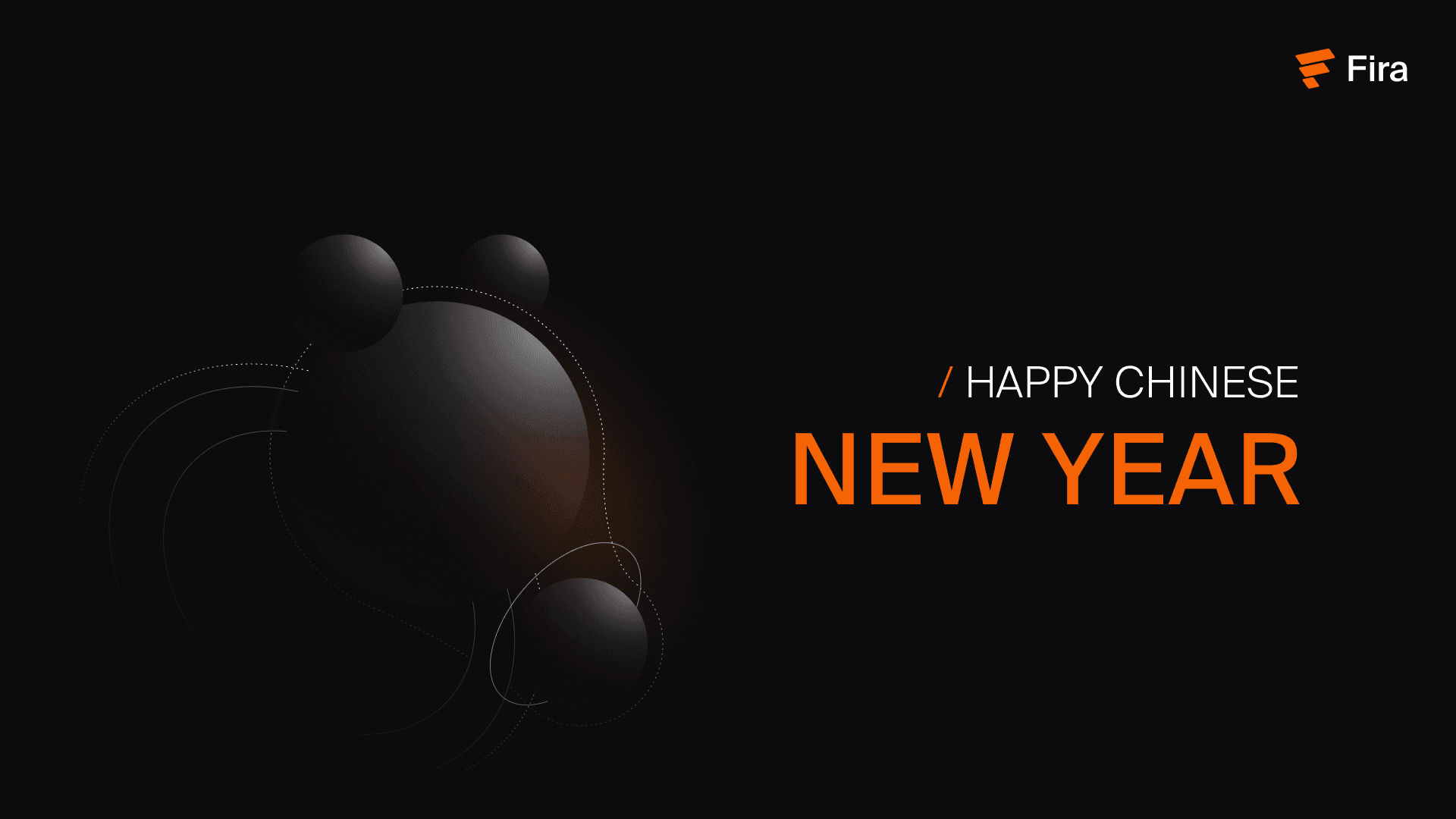Explore the transition of money as a public good, its evolution with Bitcoin, and the need for a democratic monetary system. Join Usual's movement towards a transparent, equitable financial future.
Money is a cornerstone of modern civilization, facilitating trade and wealth accumulation. More than just coins or banknotes, it represents trust and value, enabling transactions across time and space. For decades, commercial banks have created non-physical money, debunking the myth of its physical nature. Bitcoin's rise as a digital currency further demonstrated the feasibility of internet money, proving its utility in preserving and exchanging value.
Money's Role in Society
Money's true power lies in its ability to facilitate exchanges. Historically, centralized control of currency emerged to standardize economic transactions and mitigate risks like counterfeiting and fraud. However, centralization also revealed the vulnerabilities of concentrated monetary power. The 2008 financial crisis exposed the systemic risks of relying on a few powerful institutions, highlighting the need for a more resilient and democratic monetary system.
Money as a Public Good
Today, money often functions as a private entity, controlled by commercial banks rather than the public. This shift challenges the notion of money as a public utility. To align with its role in facilitating collective transactions, money should be governed democratically, ensuring equitable access and benefiting society as a whole. Treating money as a public good necessitates a transparent and accountable system designed for public welfare.
The Rise of Decentralized Money
Bitcoin and cryptocurrencies offer a new vision for money, one that is decentralized and autonomous. These digital assets operate independently of central institutions, emphasizing transparency, security, and user control. The emergence of Ethereum and smart contracts has further expanded the possibilities of programmable money, enabling automatic transactions without intermediaries.
Usual: The Aligned Alternative
In response to the centralization of digital currencies, Usual introduces a new model for stablecoins. Leveraging decentralized protocols, Usual ensures security, transparency, and community governance. The Liquid Deposit Token (LDT) model empowers users to directly influence stablecoin governance, aligning the currency with the community's needs. Usual aims to redefine money as a public good, fostering a financial system that is democratic, equitable, and controlled by its users.
Join Usual in creating a transparent and fair financial future. Embrace the alternative and be part of a movement that values collective empowerment and democratic control. Join our Telegram Community and follow us on X to stay connected with our vision and initiatives.








